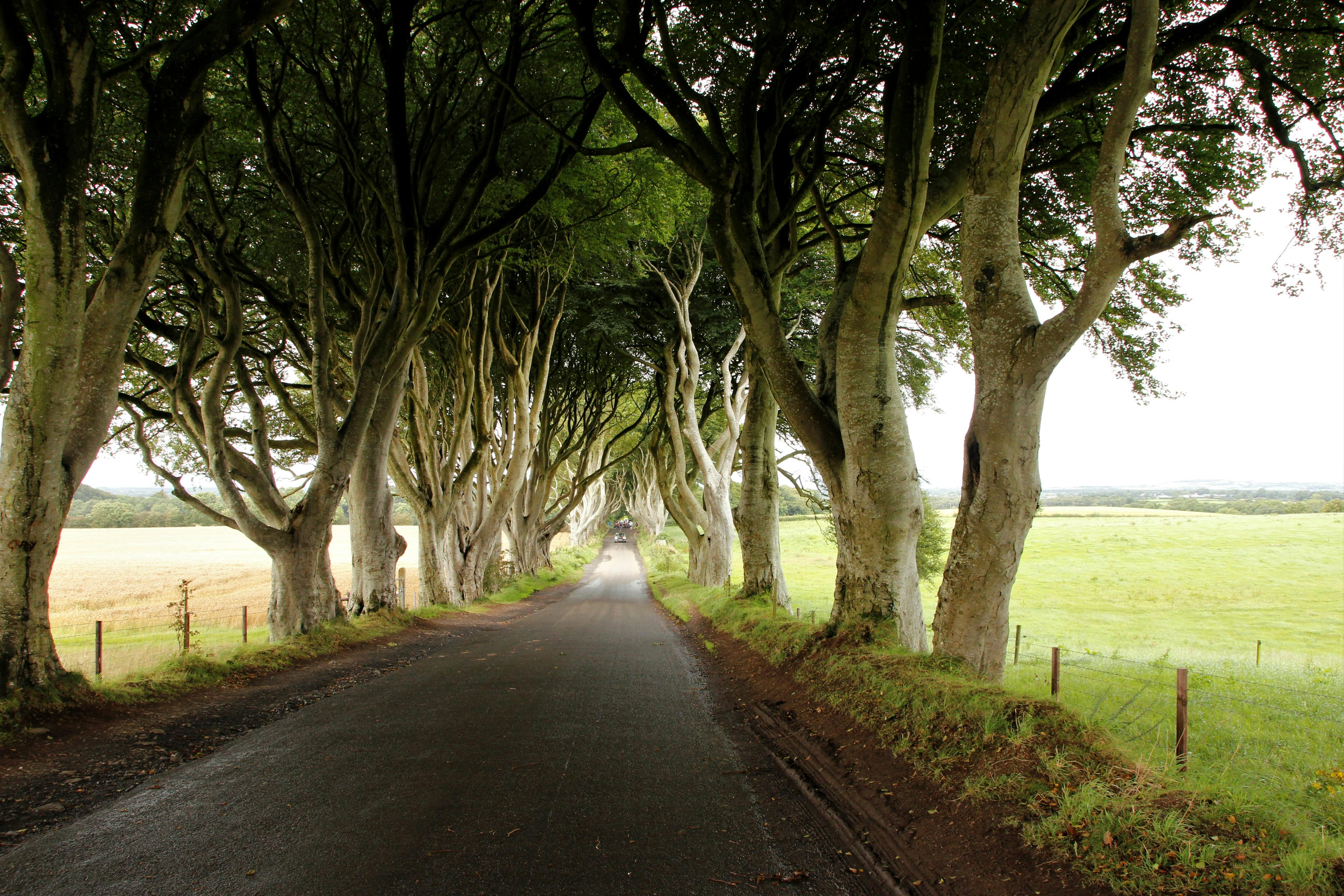In the realm of contemporary television, few series have left as indelible a mark on the portrayal of power as HBO’s “Game of Thrones.” Adapted from George R.R. Martin’s epic fantasy series, the show captivated global audiences with its intricate political machinations, morally ambiguous characters, and the relentless pursuit of power at any cost. As we delve into how “Game of Thrones” has reshaped modern narratives of authority and control, it becomes essential to critically examine its influence on both the storytelling landscape and the broader cultural understanding of power dynamics. By dissecting the show’s complex depiction of leadership, ambition, and the often brutal path to supremacy, we can better appreciate its enduring impact on how power is portrayed in today’s media. This article seeks to explore these themes, offering a nuanced perspective on the legacy of “Game of Thrones” in shaping the modern portrayal of power.
Analyzing Political Intrigue and Power Dynamics in Game of Thrones
In the realm of television, Game of Thrones set a new benchmark for depicting the complexities of power. The series delves deep into the machinations of political intrigue, offering a nuanced portrayal that has influenced countless narratives since its debut. Unlike traditional heroic tales, it dismantles the binary of good versus evil, showcasing a spectrum of motivations and ethical ambiguities. This multifaceted approach provides a more realistic depiction of political power, one where:
- Alliances are fluid, often shifting based on personal gain rather than loyalty.
- Moral ambiguity reigns, with characters frequently making choices that blur the lines between right and wrong.
- Power is transient, illustrating that even the most formidable rulers are vulnerable to betrayal and downfall.
By focusing on these elements, the series has reshaped the narrative landscape, encouraging creators to explore the darker, more complex sides of leadership and authority. This shift is evident in modern portrayals of power, where characters are crafted with depth and layers, allowing audiences to engage with them on a more critical level.

The Impact of Game of Thrones on Character Development in Power Struggles
The intricate character development in ”Game of Thrones” has left a profound mark on how modern narratives approach power dynamics. The series excels in crafting multifaceted characters who evolve in response to their shifting environments, often driven by ambition, loyalty, and survival. This nuanced portrayal of characters like Daenerys Targaryen and Tyrion Lannister showcases how power can both corrupt and elevate individuals, emphasizing that moral ambiguity is often the rule rather than the exception in political arenas. By allowing characters to exist in a morally grey space, the show challenges audiences to reconsider traditional notions of heroism and villainy.
- Complex Motivations: Characters are driven by a mix of personal desires and political aspirations, making their journeys unpredictable and relatable.
- Evolution through Adversity: Power struggles serve as a crucible for character development, forcing individuals to adapt or perish.
- Interconnected Storylines: The web of alliances and enmities enhances character depth, as each decision ripples across the narrative.
These elements have set a new standard for character arcs in stories centered on power struggles, encouraging creators to delve deeper into the psychological and emotional complexities of their characters. In doing so, “Game of Thrones” has redefined what it means to portray power on screen, making it less about the destination and more about the transformative journey.

Game of Thrones as a Reflection of Historical Power Structures
One of the most compelling aspects of Game of Thrones is its intricate depiction of power dynamics, often mirroring historical power structures. The series delves into the complexities of feudalism, where the loyalty of vassals is as volatile as the shifting alliances among the noble houses. These feudal relationships are reminiscent of the medieval European landscape, where power was decentralized, and authority was constantly contested. The portrayal of the Iron Throne as the ultimate seat of power echoes the historical significance of thrones in monarchies, symbolizing both the allure and the burdens of absolute rule.
- Feudal Loyalty: The shifting allegiances and betrayals seen in the series reflect the precarious nature of historical feudal bonds.
- Political Machinations: Characters like Littlefinger and Varys embody the intricate court politics, reminiscent of advisors and spymasters who wielded significant influence behind the scenes.
- Succession Struggles: The fierce battles for the Iron Throne parallel historical succession crises, where lineage and legitimacy often led to civil wars.
Through its detailed world-building and character development, Game of Thrones offers a critique of power that resonates with historical events, making it a significant cultural artifact that continues to influence modern portrayals of political intrigue and authority.

Recommendations for Future Portrayals of Power Inspired by Game of Thrones
The intricate web of political maneuvering and character depth in Game of Thrones offers a rich tapestry from which future portrayals of power can draw inspiration. To enhance narrative depth and audience engagement, creators should consider the following:
- Complex Character Arcs: Develop characters whose motivations and loyalties evolve over time. This creates unpredictability and keeps audiences invested in their journeys.
- Realistic Consequences: Ensure that actions have meaningful and sometimes devastating consequences, reflecting the harsh realities of power struggles.
- Ambiguous Morality: Present characters in shades of grey rather than black and white, allowing viewers to grapple with moral dilemmas and question their own ethical boundaries.
- Rich World-Building: Craft detailed worlds that influence and are influenced by the power dynamics within them, enhancing the believability of the narrative.
By embracing these elements, future storytellers can create narratives that resonate with audiences seeking depth and authenticity in portrayals of power, much like the legacy left by Game of Thrones.
